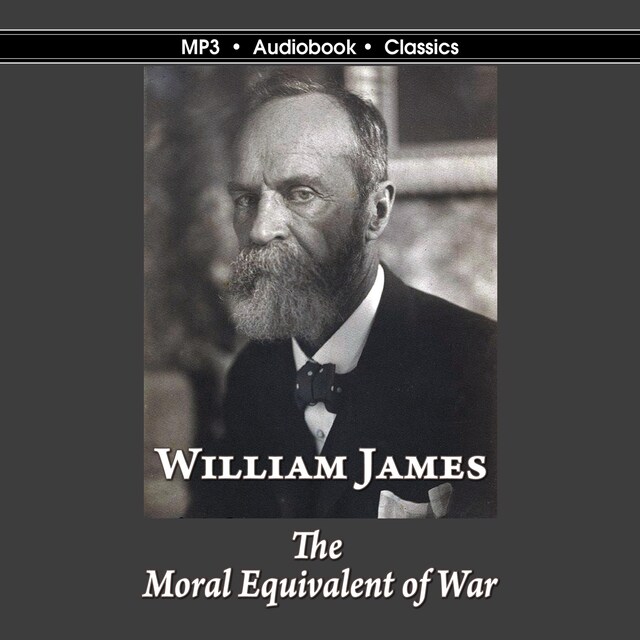
The Moral Equivalent of War
Description of book
This essay is based upon a speech given at Stanford University in 1906, William James’ last public utterance and is the original expression of the idea of non-military national service. While acknowledging the horrors of war and its motives, he also acknowledges the benefits that accrue when groups of people address themselves to a common purpose evident in military behavior. The modern reader will no doubt find certain attitudes regarding sex, race, and conquest of nature outdated. Nonetheless, one can’t help but admire the enlightened principles that have led to the establishment of the Civilian Conservation Corps, the Peace Corps, VISTA, and AmeriCorps, and will likely be part of the effort to deal with global warming and climate change.
The following from the essay is the gist of James’ thesis:
“If now -- and this is my idea -- there were, instead of military conscription, a conscription of the whole youthful population to form for a certain number of years a part of the army enlisted against Nature, the injustice would tend to be evened out, and numerous other goods to the commonwealth would remain blind as the luxurious classes now are blind, to man’s relations to the globe he lives on, and to the permanently sour and hard foundations of his higher life. To coal and iron mines, to freight trains, to fishing fleets in December, to dishwashing, clotheswashing, and windowwashing, to road-building and tunnel-making, to foundries and stoke-holes, and to the frames of skyscrapers, would our gilded youths be drafted off, according to their choice, to get the childishness knocked out of them, and to come back into society with healthier sympathies and soberer ideas.”


